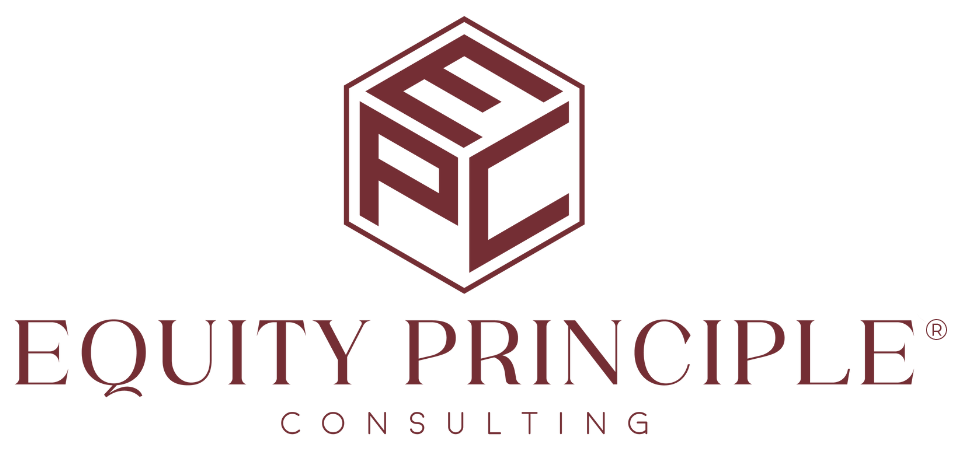DEI Backlash: How to Respond When Resistance Becomes Action
In today’s workplace, DEI backlash is no longer subtle. It’s showing up in policy shifts, casual comments, and overt exclusionary behaviors. From labeling someone a “DEI hire” to downplaying the contributions of marginalized team members or even celebrating rollbacks in civil rights, these instances aren’t just offensive; they signal deeper cultural threats.
As values-driven leaders, silence is not an option. Here’s how to respond with clarity, courage, and consistency when anti-DEI sentiment escalates into action:
1. Anchor Your Response in Organizational Values
Before reacting, pause and reflect on your company’s stated values. This isn’t merely about public relations; it’s about embodying the belief that everyone deserves respect, safety, dignity, and a fair chance to succeed. Let your response mirror that commitment.
2. Address It Head-On; Don’t Minimize or Delay
Silence is complicity. There is no getting around that. Whether it’s an inappropriate joke, a biased comment, or a demeaning remark, call it out as unacceptable behavior. Don’t sidestep or wait. Addressing DEI backlash promptly demonstrates accountability and leadership.
3. Lead with Curiosity, Not Just Corrections
After identifying the behavior, engage with clarifying questions:
- “What prompted that comment?”
- “Can you elaborate on your perspective?”
- “Are you open to discussing this further?”
The aim isn’t to debate ignorance but to uncover underlying assumptions that need addressing.
4. Speak From Principle, Not Emotion
Once you’ve listened, respond with conviction:
- “That perspective doesn’t align with our organizational values.”
- “We are committed to fostering an inclusive culture.”
- “Our goal is to ensure every team member (including you) feels respected and heard.”
- “That being said, what will not be tolerated is….”
You don’t need to engage in arguments; you need to lead with integrity.
5. Center Impact Over Intent
Even if someone didn’t “mean it that way,“ their words or actions can still cause harm. Focus on the experience of the person affected. (Sidenote: do not lose sight of who suffered harm; oftentimes, offenders may assume the role of victim.) Offer reparative actions if necessary. Intent may explain behavior, but it doesn’t negate the impact.
6. Reevaluate Your Policies and Practices
Use these moments to assess:
- Do your policies clearly address discriminatory, political or hateful speech?
- Are your values and code of conduct explicitly inclusive?
- Are managers equipped to handle instances of DEI backlash?
If gaps exist, it’s time to update and align your frameworks and your training programs.
7. Set Clear Expectations Moving Forward
Emphasize that inclusive behavior is integral to performance.
- Provide resources and training.
- Support those affected by DEI backlash.
- Hold leadership accountable for modeling respectful conduct.
In this climate, performative statements aren’t sufficient. Your team observes how you respond when challenges arise. Leadership requires steadfastness, especially during discomfort.

